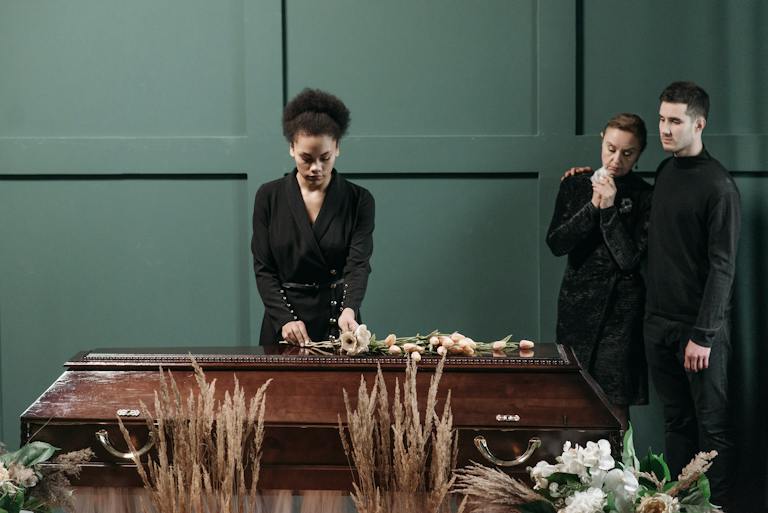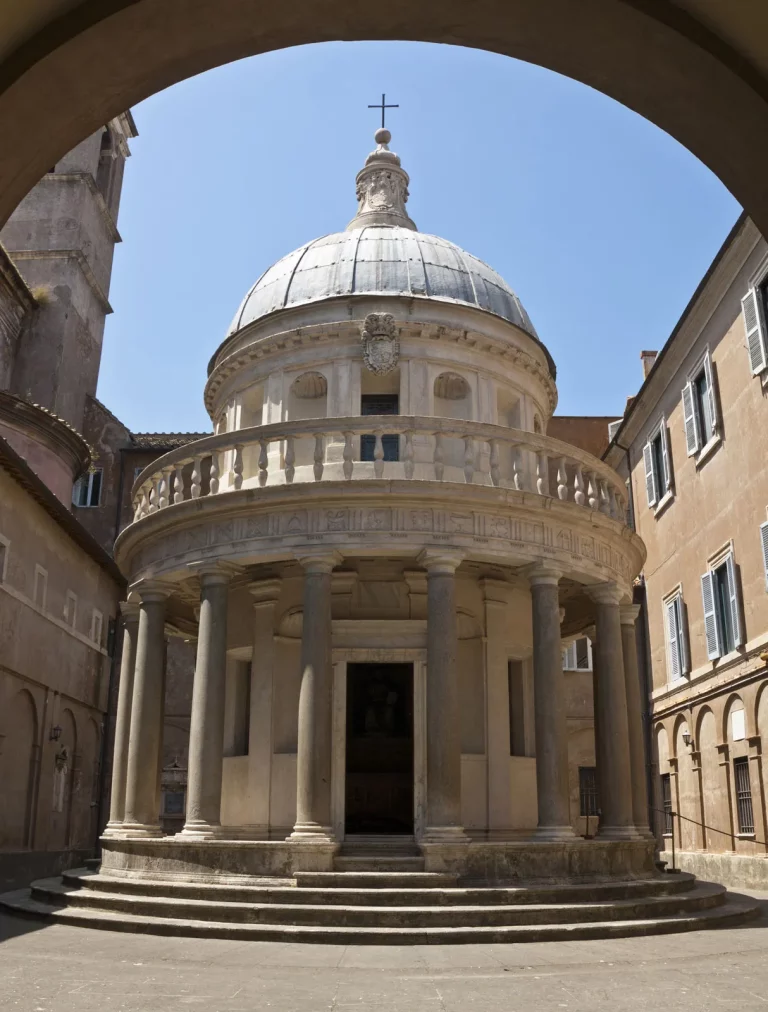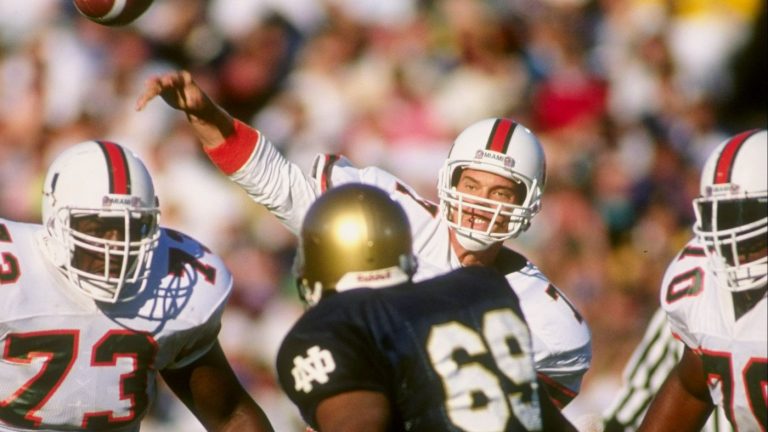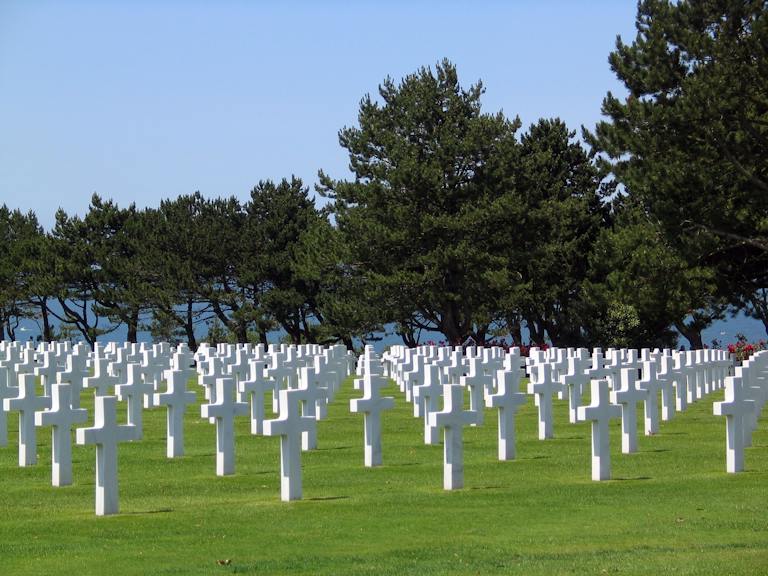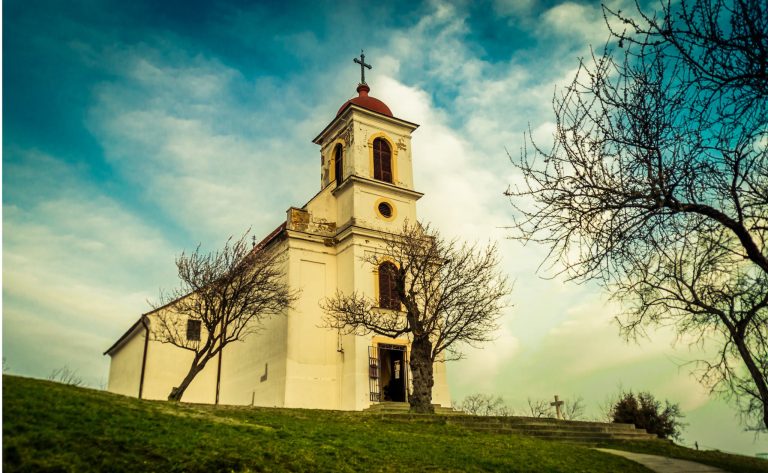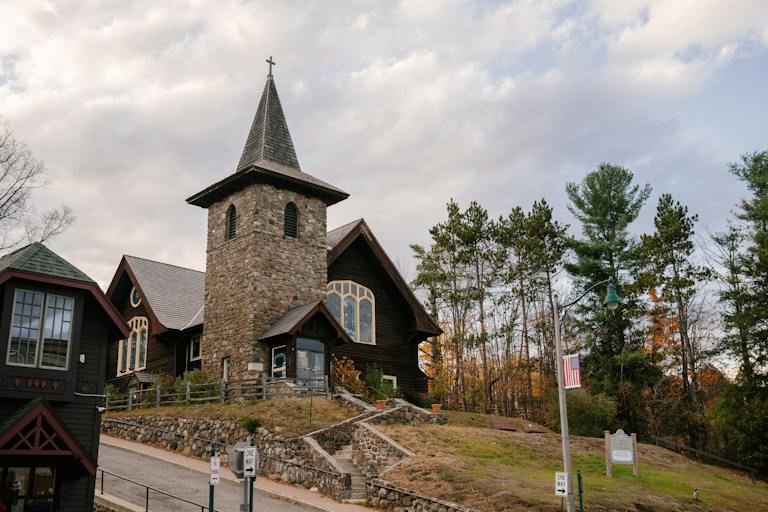What does Catholic mean?
The term “catholic” broadly means “universal.”. In a religious context, it refers to the universal Christian church that follows the teachings and traditions passed down from Jesus Christ through his apostles.
As a pastor, I’m often asked what it means when we refer to the Catholic Church. Here’s a deeper look at the meaning behind the term Catholic and what it signifies.
The Root and History of the Word “Catholic”
The word catholic originates from the Greek word “katholikos” which means “universal”. It is derived from the Greek phrase “kata holos” meaning “regarding the whole”. This denotes the concept of inclusiveness and completeness in the church.
The early church fathers used the term Catholic to distinguish the true, universal Christian church from heretical groups or local congregations. The Christians believed that they were members of the only holy and apostolic church that Christ had established. So the term Catholic also signifies unity and universality in doctrine and fellowship.

Key Aspects of the Catholic Church
There are four key aspects tied to the concept of the catholic church, which have defined it since early times:
- Universality: The catholic church is global, crossing boundaries of race, nationality, culture, etc. It envisions unity within diversity among its followers.
- Apostolic Succession: There is an unbroken chain of spiritual authority passed down from the apostles through successive generations of bishops and priests.
- Orthodox doctrine: The Catholic Church upholds and disseminates the apostles’ and Jesus Christ’s original teachings of Christianity.
- Complete Worship: The fullness of Christian sacramental practices and liturgical worship exists within the Catholic Church.
These four characteristics distinguish the catholic church from other denominations or breakaway groups throughout history. The early church fathers also used “catholic” to refer to the authentic, visible church of Christ, not just an invisible, ethereal concept.
Before long, the term “catholic” became commonly used to refer specifically to what’s now known as the Roman Catholic Church. It indicates a church that is not just universal but also united under the Bishop of Rome—the Pope.
The Catholic Church Today
In our present usage, “Catholic Church” refers to the Roman Catholic Church headed by the Pope. When reciting the creeds during Mass, Roman Catholics say “one, holy, catholic, and apostolic church,” denoting universality and continuity from Jesus’s original apostles.
The Catholic Church encompasses 24 autonomous self-governing bodies (like national churches) globally, all united under the Pope’s leadership. It boasts over 1.3 billion members making it the largest Christian denomination. Though centered in Rome, only around 40% of its population now resides in Europe.
Besides the Roman Catholic Church, the other churches that make up Catholicism include the Eastern Catholic Churches, which retain Orthodox modes of worship and governance while recognizing papal authority. There are also churches from the Anglican, Lutheran, and other Protestant traditions that consider themselves to belong to a Catholic and reformed tradition.
Conclusion
In the global Christian church that Jesus Christ founded during his time on earth, the term “catholic” essentially refers to inclusivity, universality, unity, and completeness. The term initially distinguished the early universal church from heretical factions. Soon, it became particularly associated with Christians who followed the Bishop of Rome—the Pope.
The Roman Catholic Church upholds this broad meaning of catholic but centers it around the doctrine of apostolic succession, conferring unique spiritual authority upon the Pope and clergy.
When people inquire about the term “Catholic” in a religious context, I, as a pastor, explain the rich history behind it and remind them of the shared heritage of all Christ followers. All Christians ultimately strive to fulfill the one holy, universal, and apostolic calling that Jesus Christ and his first disciples inaugurated.


